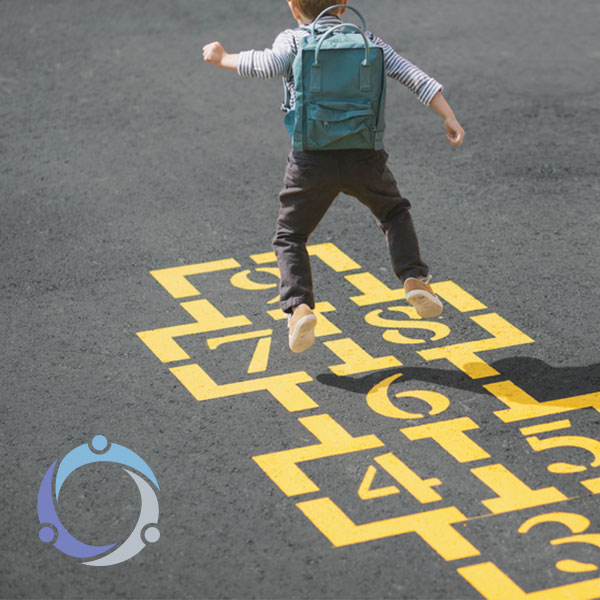
Contributed by Christine Binney
One of the most important lessons that parents can teach their children is how to take care of themselves. Children need to learn to be self-sufficient, responsible and confident so that you can let them independently explore their worlds while staying safe. While it is tempting to want to do everything for your children, but you are doing them a disservice if you don’t prepare them to be self-reliant. Here are some great ways that you can help kids learn to take care of themselves.
Let kids help, even if they’re not yet helpful
Let’s face it; sometimes the quickest and easiest way to get something done right is to do it ourselves. However, it’s important to find the extra time to involve kids in age-appropriate household tasks. Forget the endless to-do list in your head for a moment, and instead think of the long-term benefits of spending the time to help kids learn how to help out around the house.
The first few times you let kids spread the peanut butter and jelly instead of doing it yourself, it may take them 10 minutes to make a simple sandwich. However, imagine the time you’ll save when they eventually learn to prepare their own bagged lunches. It might be messy the first few times that a child pours his own glass of milk, but soon enough you’ll enjoy not having to pop up every time he wants a drink. Encourage children to follow the motto, “If at first you don’t succeed, try, try again.”
Encourage kids to speak up
If you want to help kids learn to take care of themselves, then they need to be comfortable expressing their wants and needs to others. Communicating effectively is a crucially important life skill that is best learned early. Teach kids the importance of politeness, eye contact, and using their words to convey what they want. To help kids learn to communicate effectively, provide them with plenty of opportunities to interact with others. Don’t allow them to rely on you to do all the talking for them.
At restaurants, help children choose what they are going to eat, and then prepare them for ordering it for themselves. When the waiter arrives, ignore the impulse to say, “She’ll have the chicken fingers,” and instead encourage her to tell the waiter what she’d like directly. At medical appointments, let children communicate directly with nurses and doctors. Don’t answer questions for them without giving them a chance to answer themselves first.
By encouraging communication at a young age, you are teaching kids to be assertive. When children are comfortable speaking up and defending themselves when necessary, they will gain the self-confidence that will allow them to buck peer pressure as they grow up.
Make every moment a teaching moment
There are dozens of moments in everyday life that can be used to help kids learn to take care of themselves. Try to engage in teachable moments whenever possible. When teaching anything new to a child, it’s important to first demonstrate the skill yourself. Then offer encouragement for the child to try it themselves and provide plenty of positive reinforcement when they do. Most importantly, continue to create more opportunities for practice.
Kids are remarkably quick to learn new things, and once you start challenging them to be more self-reliant you’ll be amazed at what they can accomplish on their own. In some households, children as young as eight years old are even acting as caregivers for disabled, injured, ill or aging family members. Clearly, children are capable of much more than we might imagine, so don’t be afraid to provide them with plenty of opportunities to take care of themselves. You’ll not only boost their confidence in themselves, but you’ll be more confident sending them out into the world.

